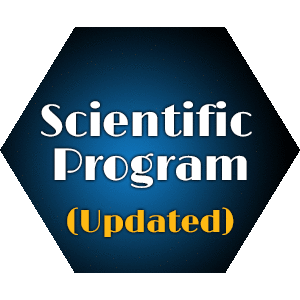
Tieli (Tilly) Wang
Professor and Chair
California State University Dominguez Hills
USA
Biography
Dr. Tieli (Tilly) Wang obtained her Ph.D. from State University of New York at Stony Brook where she worked on elucidating the mechanisms of protein-protein and protein-membrane interaction to help identify the small molecules or peptides that can inhibit the G-protein regulated signal transduction pathways. She then undertook a postdoctoral fellow at Fox Chase Cancer Center Philadelphia in 1999. As a Beckman fellow, she joined Beckman Research Institute at City of Hope National Medical Center in 2001. After 4 years, she accepted a position at California State University Dominguez Hills as an assistant professor. She was promoted to associated professor in 2010 and full professor in 2015. She was elected as an associate director for the southwest comprehensive colleges of Sigma Xi Scientific Society of USA in 2014. Currently, she is the chair of Department of Chemistry and Biochemistry and working with department members and a group of students on therapeutic development against cancer resistance to the chemo and radiotherapy using crossdisciplinary approaches which combine proteomics with chemistry, biochemistry, biology and biophysics techniques. Her expertise in proteomics and experimental therapeutics has been utilized for undergraduate and graduate training and campus resources. Through inter-disciplinary approaches, she has mentored students majoring in chemistry, biology and clinical chemistry. Students she mentored have given award winning presentations in the past years at the local and regional meetings.
Research Interest
During the past decades, the focus of my research is to study the mechanism by which cancer cells become resistant to the chemotherapy in order to develop novel strategies to advance cancer treatment. The major focus of my current research is to study the post-translational modification of the proteins especially histone associated proteins and their potential roles in rendering cancer cells resistant to the therapeutic treatments. Interference with this alteration could result in the identification of an alternative chemo-sensitizing factors and guidance to the rational treatment regimens to modulate chemoresistance. The project promises to make a contribution to the development of novel anticancer agents and to the graduate and undergraduate student research training.

